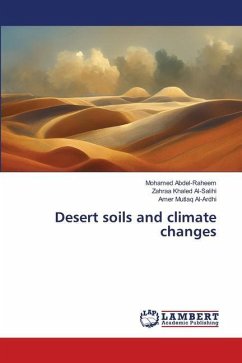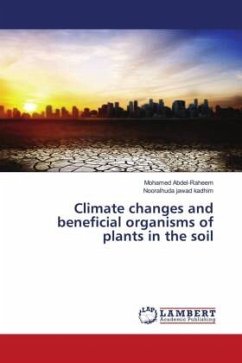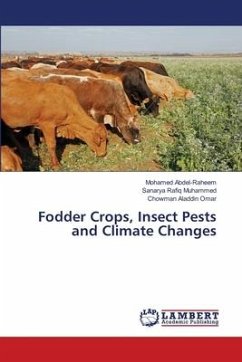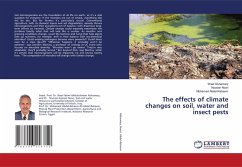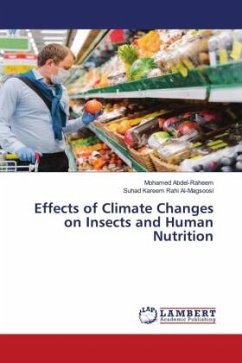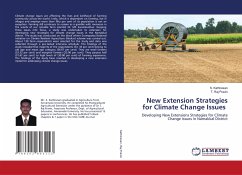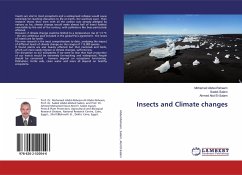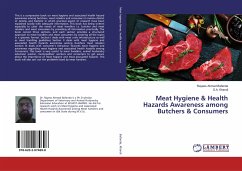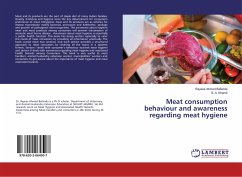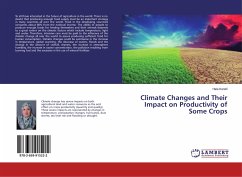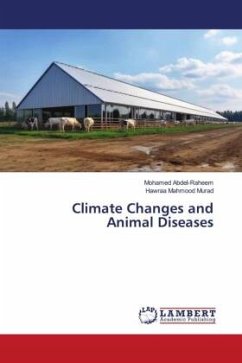
Climate Changes and Animal Diseases
Versandkostenfrei!
Versandfertig in 6-10 Tagen
45,99 €
inkl. MwSt.

PAYBACK Punkte
23 °P sammeln!
Viruses could acquire thousands of new hosts as climate change causes increasing contact between different mammal species.Diseases such as Ebola virus are likely to spread further than ever before, while new pathogens could emerge with the potential to affect both animal and human populations. More than 15,000 instances of diseases crossing into new species could take place in the next 50 years as a result of climate change.As mammals shift their ranges to adjust to increasing temperatures, thousands of new species will come into contact for the first time.Even if climate change is limited to ...
Viruses could acquire thousands of new hosts as climate change causes increasing contact between different mammal species.Diseases such as Ebola virus are likely to spread further than ever before, while new pathogens could emerge with the potential to affect both animal and human populations. More than 15,000 instances of diseases crossing into new species could take place in the next 50 years as a result of climate change.As mammals shift their ranges to adjust to increasing temperatures, thousands of new species will come into contact for the first time.Even if climate change is limited to less than 2 C, more than 300,000 pairs of mammals which have never met before will meet, leaving open the possibility that the viruses they carry will jump from animal to animal or even into humans.As the world changes, the face of disease will change too. Because climate change is shaking our ecosystems to their core, the way that we understand viruses and their ecologies will need to evolve



